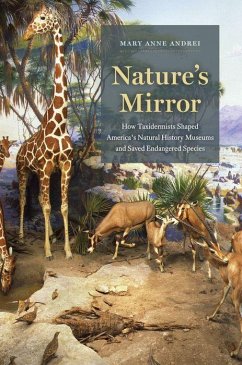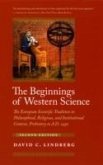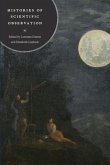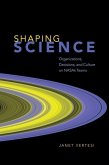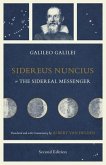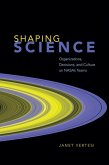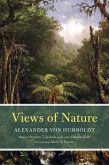"Nature's Mirror is a history of the taxidermists, including William Hornaday, Carl Akeley, and many lesser known, who created and filled the science museums, zoos, and aquaria of the twentieth century. The care with which they studied wildlife in the field not only led to new methods in taxidermy but also provided data for scientists and contributed directly to growing public awareness of how careless human interaction with the natural world was having devastating effects. They came to regard themselves as museum men, separate and apart from sportsmen, who hunted in the service of science. As a result of their field work, they had first-hand knowledge of threatened species and their diminishing numbers- and many felt compelled to educate the public. The educational exhibits they created, as well as the field work, popular writing, and lobbying they undertook, established a vital leadership role in the early conservation movement for American museums that continues to this day. Through their individual research expeditions and collective efforts to create an ethic of global environmentalism, these men, more than any other single group, created our popular understanding of the animal world. For generations of museum visitors, they turned the glass of an exhibition case into a window on nature-and also a mirror in which to reflect on our responsibility for its conservation"--

